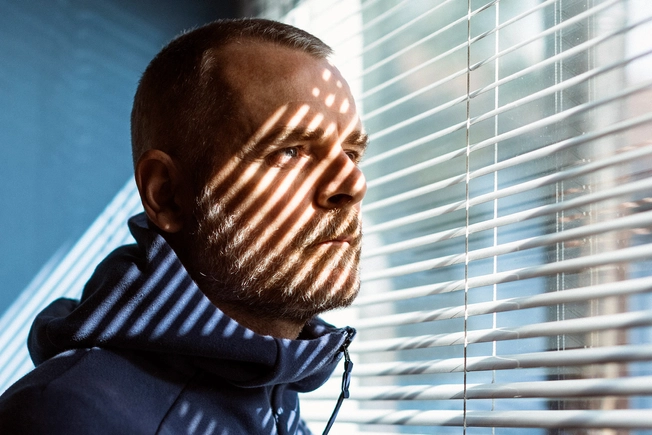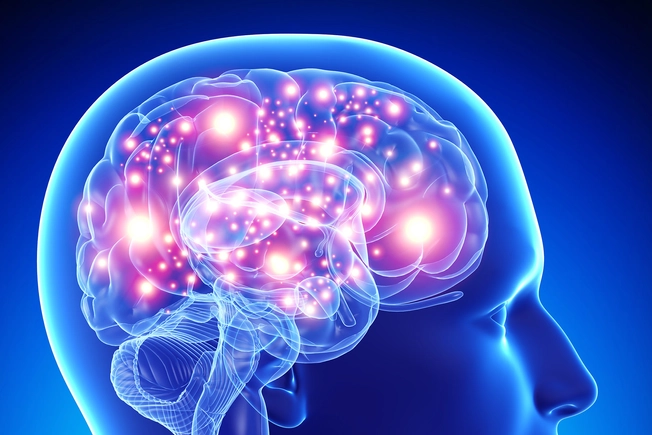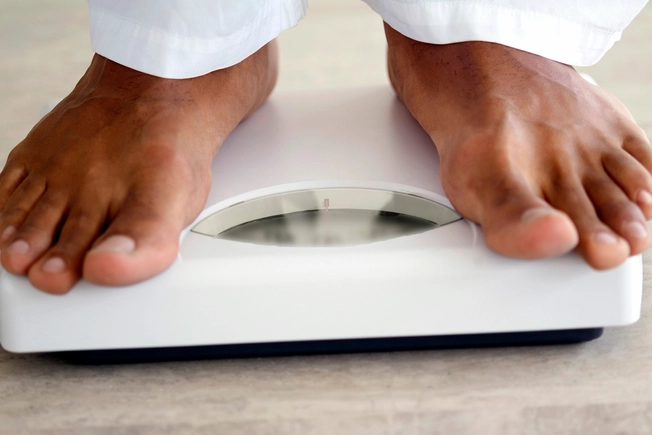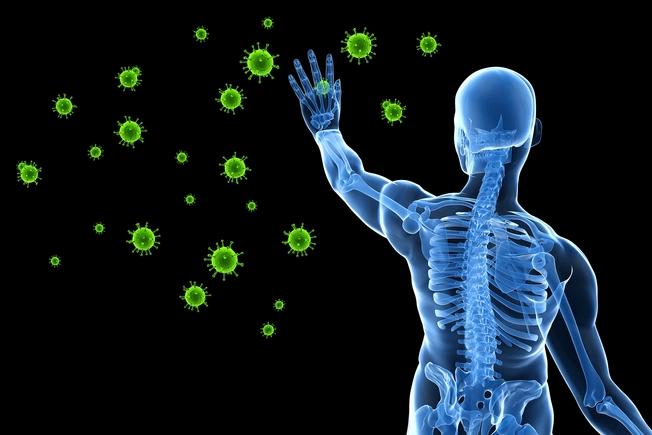How Insomnia Can Affect Your Health


Sleep Trouble Can Be Big Trouble
You have insomnia when you can’t fall asleep easily or have trouble staying asleep. Everyone has trouble sleeping at some point. But when it happens at least three times a week for longer than 3 months, you have chronic insomnia. Talk with your doctor if you notice this kind of pattern. Long-term lack of sleep can lead to serious health issues.

Fatigue
This is different from just feeling tired or like you don’t have much energy. Fatigue is when you’re so exhausted that it affects your work or home life and it’s hard to even get through the day. It’s one of the more common effects of chronic insomnia. It sometimes comes with a headache, dizziness, or sore or weak muscles.

Mood Issues
A night or two of poor sleep can leave you grumpy and cranky. But longer stretches of sleep loss can cause more extreme emotions and make you more likely to feel angry or sad. Over time, chronic insomnia can lead to a mood disorder, like depression or anxiety. One large study found that those with insomnia were five times more likely to get depression than those who didn’t have trouble sleeping.

Stress
Adults who sleep less than 8 hours a night are more likely to show signs of stress -- like feeling overwhelmed or losing patience easily -- than those who sleep longer, according to the American Psychological Association. They're also more likely to say their stress levels have risen in the past year.

Brain Performance
That "brain fog" you notice if you don’t sleep well for a night or two can get more serious over time. Sleep disorders like chronic insomnia can make it harder to remember things, concentrate, and make good decisions. Research has shown that getting only 5 hours of sleep a night can lead to poor judgment and more risky behavior in just a week's time.

Weight Gain
Regularly sleeping less than 7 hours a night may make you more likely to gain weight. Scientists think this may be because sleep loss affects the hormones that control your feelings of hunger and fullness. Long-term lack of sleep could put you at a higher risk for obesity and the health problems linked to it, like diabetes, high blood pressure, and heart disease.

Less Interest in Sex
Chronic insomnia can affect hormones that control your sex drive, like testosterone. A man’s body makes testosterone while he sleeps. Sleep loss can mean he’ll make less of it. Research has found that losing sleep during the second half of the night seriously reduces testosterone levels in the morning.

Weaker Immune System
While you sleep, your body releases proteins that help protect you against illness and inflammation. Chronic insomnia can affect that process. It also may reduce the antibodies and cells that help your body fight infection. Studies show that people who don’t get enough good sleep are more likely to get sick if they’re around someone who has a virus like a cold or the flu.

Diabetes
Losing sleep on a regular basis can affect the way your body processes blood sugar. This raises your risk for diabetes. In one study, adults who slept 5 hours a night or less were 2½ times more likely to get diabetes than those who slept 7-8 hours.

Heart Disease
Chronic insomnia can also be a problem for your heart. In one study, just one night of very little sleep led to higher blood pressure in healthy adult men. If that happens often over time, high blood pressure could damage your arteries. And it could make your heart work too hard to pump blood to your body. That raises your chances of a heart attack or heart failure.

Higher Risk of Accidents
Your odds of having some type of accident go up when you have long-term insomnia. That's mostly because of the fatigue and concentration problems that sleep loss can cause. In one study of more than 900 truck drivers, those with insomnia were almost twice as likely to have an accident than others.